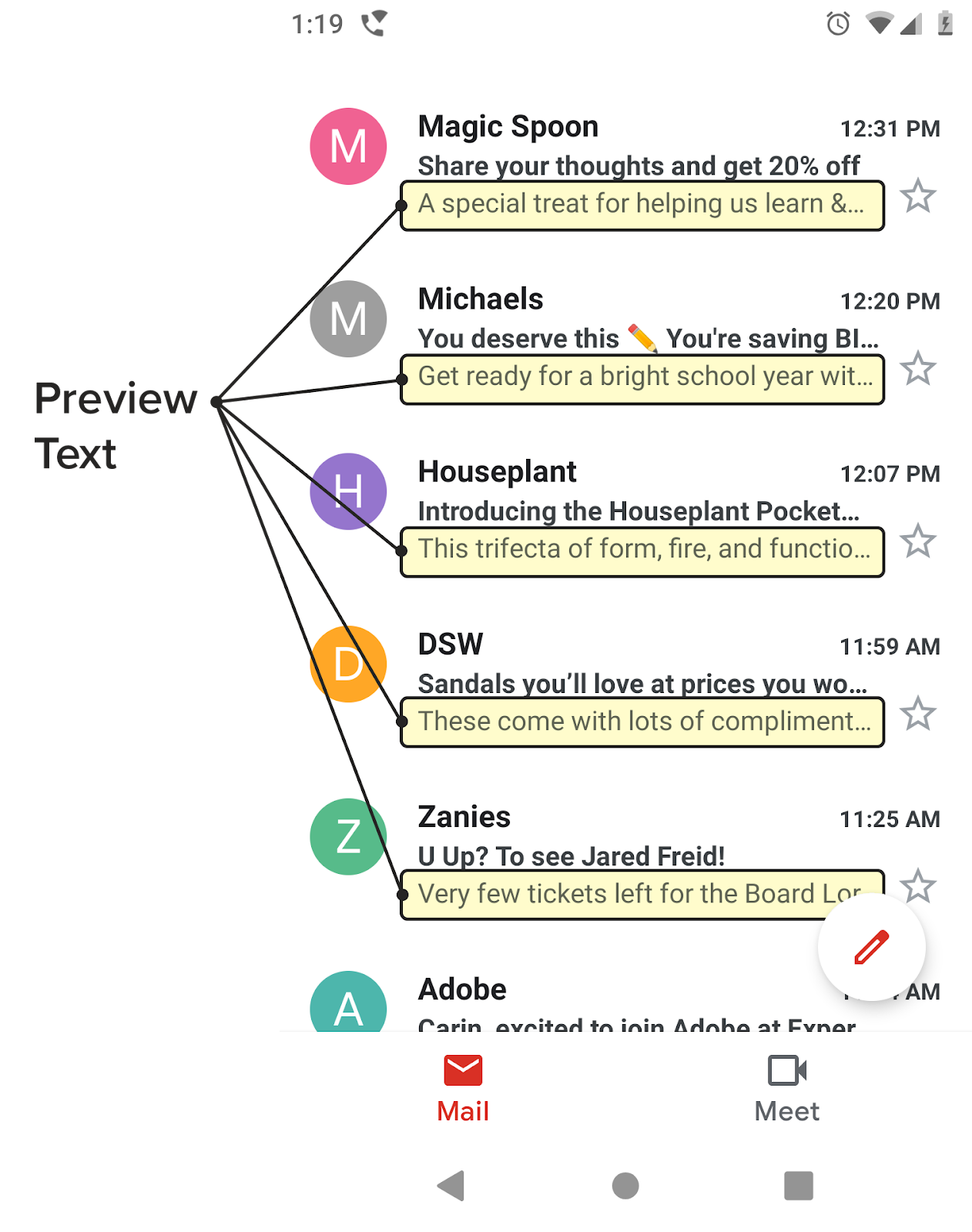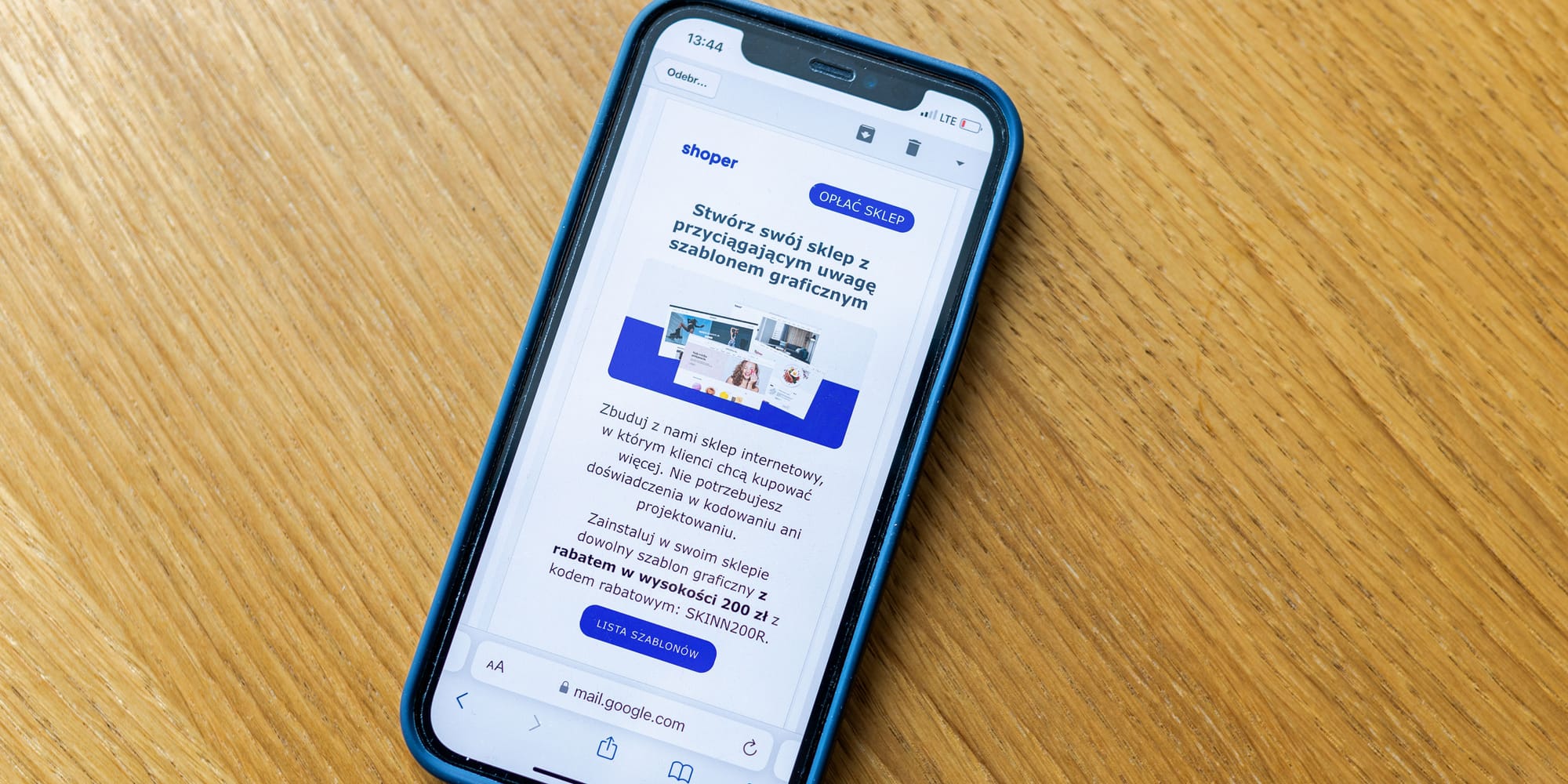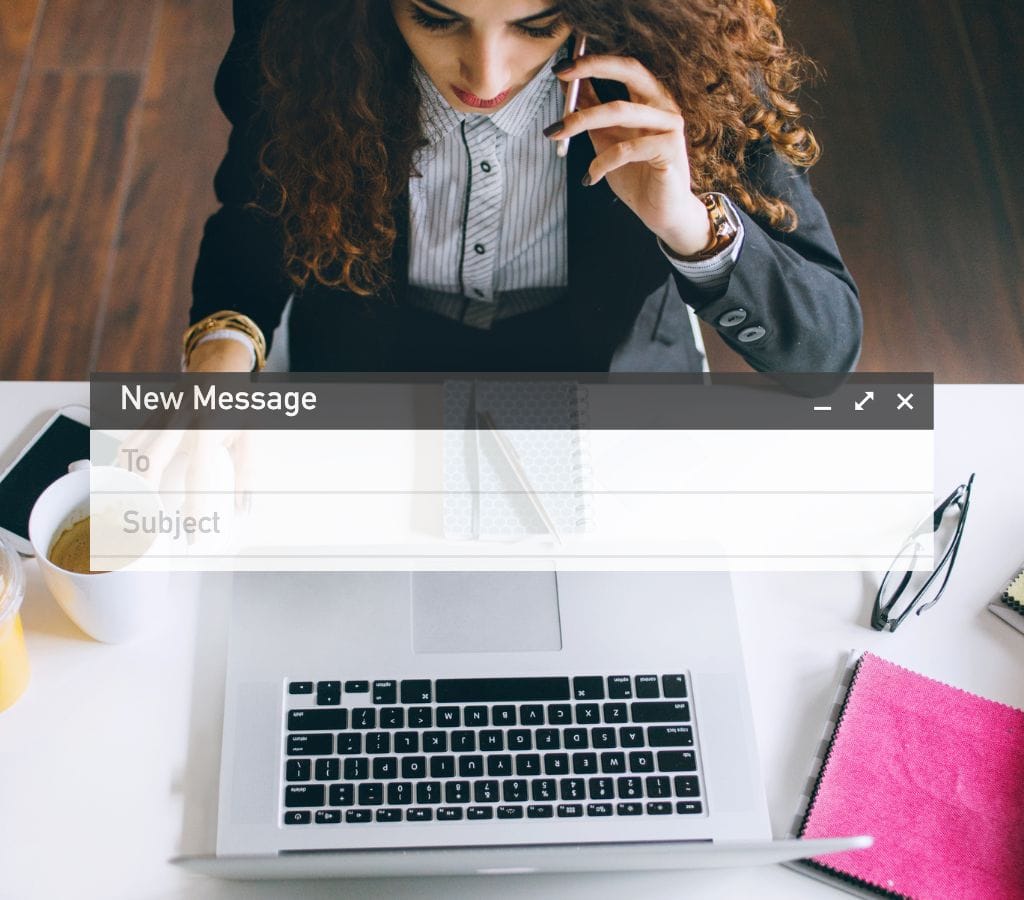Email subject lines are very important to boost email marketing results. Learning how to write effective email subject lines can help you get people's attention and keep them engaged. You can increase email engagement if you know how to write good subject lines and avoid common mistakes.
How Important Email Subject Lines Are
You can improve email open rates with subject lines. Because, the subject lines of your emails are the first thing people see and are very important in deciding whether someone will open them. In order to make attention-grabbing subject lines and improve your email marketing strategies, you need to know how important email subject lines are.
- Subject lines are a big part of how many people read the email.
- Well-written subject lines can make people curious, interested, and want to read more.
- Good subject lines mirror the recipient's interests, goals, or pain points to show how the email is relevant to them.
- Higher open rates, click-through rates, and conversions come from subject lines that build confidence and trust.
- You can make the email stand out by using creative language, personalization, or features that interest people.
- Getting the most out of your email campaigns depends on how well your subject lines attract people. Understanding how important they are and using optimization strategies can help you increase interaction, sales, and success in general.

How to Write Good Email Subject Lines?
Writing good email subject lines can boost your email performance. So, we will discuss how to write subject lines that grab attention, engage readers, and get them to open your email.
1. Know your readers’ needs
Before you write the subject line of your email, you need to know who you're writing it for. Think about their hobbies, pain points, demographics, and preferences. If you tailor the subject line to your audience, it's more likely to get their attention and make them want to open your email.
2. Be clear and to the point
Make sure your subject lines are short, clear, and to the point. Don't use long, complicated subject lines that could confuse or overwhelm people who receive them. A short subject line saves space in people's inboxes and makes it easier for people to understand what your email is about quickly.
3. Use call to action in subject lines
Use words that people can act on in your subject lines. Some phrases that get people interested are "Discover," "Learn," "Join," and "Get." If you use language that makes people want to act immediately, they are more likely to open your email and take the next steps you want them to take.
4. Include a sense of urgency when appropriate
Making people feel like they need to open your email immediately by using a sense of urgency in the subject line can be very effective. When you use phrases such as "Limited Time Offer," "Last Chance," or "Expires Soon," people are afraid of losing out (FOMO), which makes them act right away.
5. Personalization in email subject lines
Personalizing your subject lines gives them a unique touch and makes the people who receive them feel important. For example, include the recipient's name or other important personal information to make the message feel personal and relevant. It has been shown that personalized subject lines increase open rates and engagement.
6. A/B testing email subject lines
In order to get the most out of your subject lines, you should do A/B testing. Make different copies of your subject line, and then send each to a different group. Check the open rates and response rates to see which subject line works best. Then, use what you've learned to improve your subject lines for future campaigns.

What to Avoid When Writing Email Subject Lines?
It's important to know the best ways to write good email subject lines, but it's also important to know the most common mistakes that can make your subject lines less effective. So, we will talk about some of the most common mistakes you should never make when writing an email subject line.
1. Using spam trigger words
Nowadays, spam filters are getting better at finding and blocking spam emails. If you use words or phrases that spam filters often pick up, your email might end up in the recipient's spam folder, making it less likely that they will see or read it. If you don't want your email to be marked as spam, don't use words such as "free," "urgent," "act now," or too many exclamation points.
2. Being too vague
Subject lines that aren't clear can lead people astray and fail to explain the purpose of your email. So, don't use vague subject lines that don't give any information or don't get the reader's attention. Instead, select subject lines that clearly and briefly describe the content or benefit of your email, giving people a strong reason to open it.
3. Using too many capital letters or exclamation points
Using too many bold letters or exclamation points in your subject lines might look like spam email or aggressive. While using a capital letter or exclamation mark in the right place can make something stand out, using them too much can be annoying and make your email look less professional. So, to keep a professional and balanced tone, use these aspects sparingly and smartly.
4. Forgetting to personalize
One effective way to get people's attention is to personalize your email. If you don't change the subject line of your emails, they might look basic and impersonal. You can use information such as the person's name or past contacts to personalize your subject lines and make them feel personal.
5. Not optimizing for mobile devices
As the number of mobile devices grows, more emails are being read on phones and tablets. So, not optimizing for mobile devices can cause subject lines to be cut off or look skewed, which makes them less effective at getting people's attention. In order to make your subject lines work best on all devices, keep them short and make sure they are mobile-friendly.

Good and Bad Email Subject Line Examples
Let's look at some examples of bad and good subject lines to help you understand how to write a good email subject line. You can learn what works and what doesn't to get people's attention and get them involved by looking at these examples.
Examples of Good Email Subject Lines
"Exclusive Offer: Save 50% on Your Favorite Products!"
"Join Our Webinar: Master the Art of Email Marketing"
"New Arrival Alert: Discover Our Latest Collection"
"Your Personalized Guide to Boosting Productivity"
"Limited Time: Get Free Shipping on All Orders Today"
These examples show how to write clear, concise subject lines that give the receiver something of value or benefit. They use wording that encourages action, makes you feel like you need to act quickly or privately, as well as makes it clear what the email is about.
Examples of Bad Email Subject Lines
"Open this email!"
"Important Announcement"
"Hello" "Don't miss out!"
"Buy now!!!"
These examples show you what not to write in your subject lines. They are general and don't make it clear what the email is about or why it's important. Also, they might seem aggressive or pushy, making people not want to open the email.

How to Analyze Your Email Subject Lines?
Once you've written your email subject lines, it's important to try and see how well they perform. We will talk about ways to try and measure the effectiveness of your subject lines so that you can make your email campaigns better and more effective.
- Use A/B Testing: Send different email versions with varying subject lines to different audience segments. Then, compare performance metrics to identify which resonates better.
- Monitor Open Rates: Track the percentage of recipients who opened your email, then compare them to industry benchmarks.
- Analyze Click-Through Rates: Measure the percentage of recipients who clicked on a link after opening your email. A higher CTR indicates successful subject line engagement.
- Adjust Based on Feedback and Results: Use insights from A/B testing, open rates, and CTRs to refine and optimize subject lines for better engagement as well as performance.
Remember to track and write down your results so that you can use them as a guide for future efforts. By constantly examining and changing your subject lines, you can keep improving your email marketing as well as getting better results.
To sum up, writing an email subject line is an art that needs to be thought out carefully and tested. So, if you know how important subject lines are, avoid common mistakes, and use testing techniques, you can write catchy subject lines that get people to open and click on your emails, which will help you boost email marketing results.

